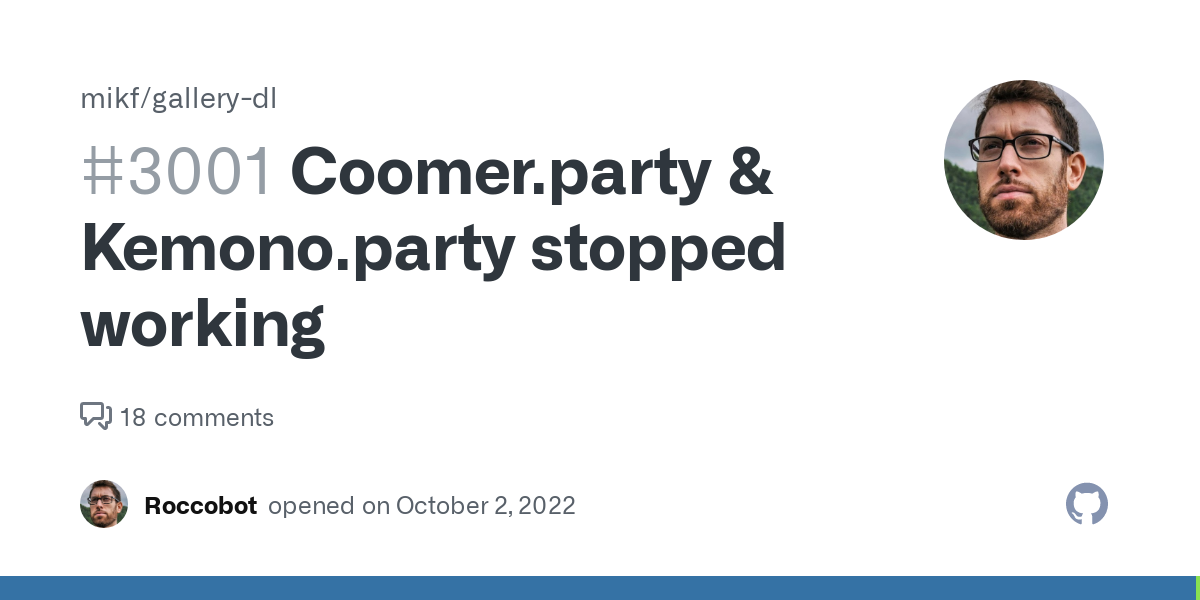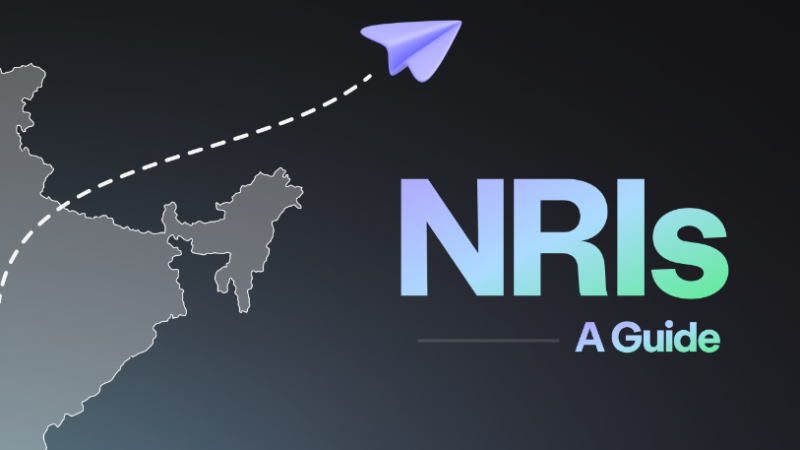Coomer Partyy

In the vast landscape of internet culture, few terms have sparked as much debate, curiosity, and controversy as “Coomer.” Coomer, initially a term used in derogatory internet slang to describe an excessively sexually aroused individual, has taken on a life of its own, morphing into various forms of online communities, memes, and even events. One such manifestation is the enigmatic “Coomer Partyy.” This article endeavors to delve into the intriguing world of Coomer Partyy, exploring its origins, evolution, and cultural significance.
Unpacking the Coomer Phenomenon
To understand the Coomer Partyy phenomenon, it’s essential to first grasp the broader context of the term “Coomer.” Coomer, originating from the slang “zoomer” (referring to Generation Z) and the prefix “co-” (meaning excessive or extreme), gained traction primarily within online gaming and meme communities. Initially used to mock those perceived as spending excessive amounts of time viewing adult content or engaging in self-gratification, the term evolved beyond its derogatory origins to become a self-identifier for some and a meme for others.
Emergence of Coomer Partyy
Out of this meme culture emerged the concept of Coomer Partyy. The spelling with the extra ‘y’ and the doubling of the ‘r’ is not coincidental but rather a deliberate modification to add an extra layer of absurdity and distinction to the term. The Coomer Partyy is not merely a gathering; it’s an event shrouded in irony, humor, and a hint of rebellion against societal norms.
The Coomer Partyy Experience
What exactly happens at a Coomer Partyy? The answer may vary depending on who you ask. Some might envision it as a wild, hedonistic celebration of all things deemed inappropriate by mainstream society. Others might see it as a satirical commentary on the state of modern culture and the proliferation of internet memes. Regardless of interpretation, a Coomer Partyy typically involves a mix of meme references, internet humor, and an atmosphere of camaraderie among participants.
Evolution and Diversification
As with any internet phenomenon, the Coomer Partyy has evolved and diversified over time. What may have started as a niche joke within certain online communities has grown into a broader cultural phenomenon, spawning spin-offs, subreddits, and even real-life events (albeit often with a heavy dose of irony). The term itself has seeped into mainstream discourse, appearing in social media conversations and even influencing popular culture.
Cultural Significance
At its core, the Coomer Partyy phenomenon reflects broader societal trends and anxieties surrounding sexuality, technology, and identity. In an increasingly digitalized world where boundaries between online and offline realities blur, concepts like the Coomer Partyy serve as a form of cultural commentary, challenging traditional notions of morality, decency, and social acceptability.
Controversies and Criticisms
Of course, the Coomer Partyy is not without its controversies and criticisms. Detractors argue that it perpetuates harmful stereotypes and promotes unhealthy behaviors, particularly among impressionable youth. Others view it as a symptom of a broader societal malaise, indicative of a culture obsessed with instant gratification and shock value.
Conclusion: Beyond the Memes
The Coomer Partyy phenomenon encapsulates the paradoxes and complexities of internet culture in the 21st century. What started as a simple meme has blossomed into a multifaceted cultural phenomenon, offering insights into the collective psyche of a generation raised on the internet. Whether viewed as a harmless joke or a troubling symptom of societal decay, one thing is clear: the Coomer Partyy is more than just a meme; it’s a mirror reflecting back at us our deepest fears, desires, and aspirations in the digital age. As we navigate the ever-changing landscape of online culture, perhaps it’s worth taking a moment to pause and reflect on what the Coomer Partyy truly represents – not just as a meme, but as a cultural phenomenon with profound implications for the way we live, laugh, and connect in the modern world.






